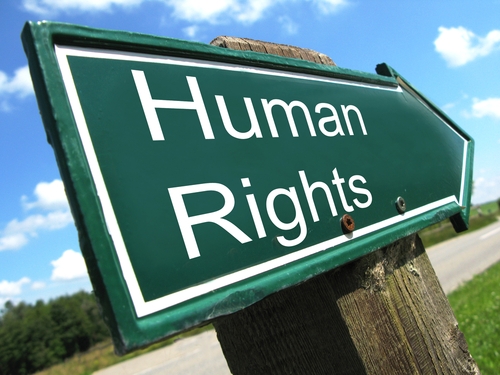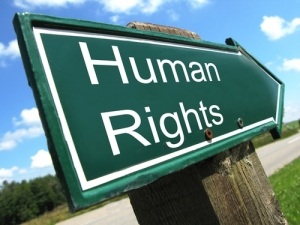HRW: Politically Motivated Arrests and Government Interference in Media
Human Rights Watch has published its 2016 report on Georgia, assessing the overall situation around justice media and political freedom in the country.
According to the report, media pluralism was threatened by the closure of several political debate programs and a dispute involving past and present high-level officials’ alleged interference in the ownership and management of the most-watched television station in Georgia, Rustavi 2.
Justice
The report stated that the Georgian Dream coalition government continues to investigate dozens of criminal cases against former officials who served under the previous government, led by the United National Movement (UNM) party. “Authorities selected these cases from thousands of complaints citizens filed after the UNM was voted out of office in 2012. UNM members and supporters allege that the prosecutions are politically motivated, pointing to the absence of clear criteria for determining which cases to prosecute, and that investigations overwhelmingly target UNM members.”
According to the report, in October pro-government groups, including local municipal employees, held rallies outside the UNM party offices in at least 19 towns. “The groups variously nailed or welded doors shut, shattered windows, painted graffiti, and splattered red paint on UNM offices. Media reported that police present at some locations of the attacks did not intervene. Following the group attacks, Prime Minister Irakli Garibashvili publicly called the UNM a “criminal organization,” and said that “aggression” against the party is “natural.”
Torture and Ill-Treatment
“Georgia does not have an effective, independent mechanism to investigate crimes committed by law enforcement officials, resulting in frequent impunity. The Georgian Young Lawyers’ Association (GYLA), a leading human rights group, received at least 41 allegations of torture and ill-treatment in 2015 through October; 23 of them concerned abuse by police, and 18 by prison staff. According to GYLA, the authorities failed to effectively investigate those allegations.”
Freedom of Media
In this part, the report widely discusses the case of Rustavi 2. “An ownership dispute over Georgia’s most-watched television broadcaster, Rustavi 2, raised concerns about ongoing government interference in media. “Many of Georgia’s international partners expressed concern about the Rustavi 2 case, including the United States Department of State and the Organization for Security and Co-operation in Europe (OSCE) representative on freedom of media.”
“In August, Imedi TV, the second most-watched station, suspended its political talk shows. Inga Grigolia, a host of one and co-host of another talk show, alleged interference from authorities in the decision.”
Sexual Orientation and Gender Identity
The report in this part referred to the case in October 2015, when the Tbilisi City Court acquitted a Georgian Orthodox priest and three other men on charges of disrupting an anti-homophobia rally in Tbilisi in May 2013, citing lack of evidence to prove the defendants’ guilt beyond reasonable doubt. “Thousands of counter-demonstrators, including some Orthodox clergy, had violently disrupted the peaceful rally. Although police evacuated rally participants to safety, they failed to contain the mob, which threw stones and other objects at a van carrying participants.”
Key International Actors
The final part of the report speaks of the ICC prosecutor’s request from the court’s judges to authorize an investigation into alleged crimes committed during the 2008 conflict between Georgia and Russia, including by the South Ossetian forces (in some cases with the possible participation of Russian forces) and also by Georgian forces.
“In its March European Neighborhood Policy progress report, the European Union noted some improvements, but also highlighted the need to ensure separation of powers and judicial independence, avoid “political retribution, confrontation and polarization,” and increase the accountability of law enforcement.”
The report concludes by stating that “in a November statement, the US-Georgia Strategic Partnership Commission, the primary bilateral dialogue to deepen cooperation between the countries, commended Georgia’s reform efforts, but called for improvements, including in elections, media freedom, and judicial independence.”
Click here to view the full text.












